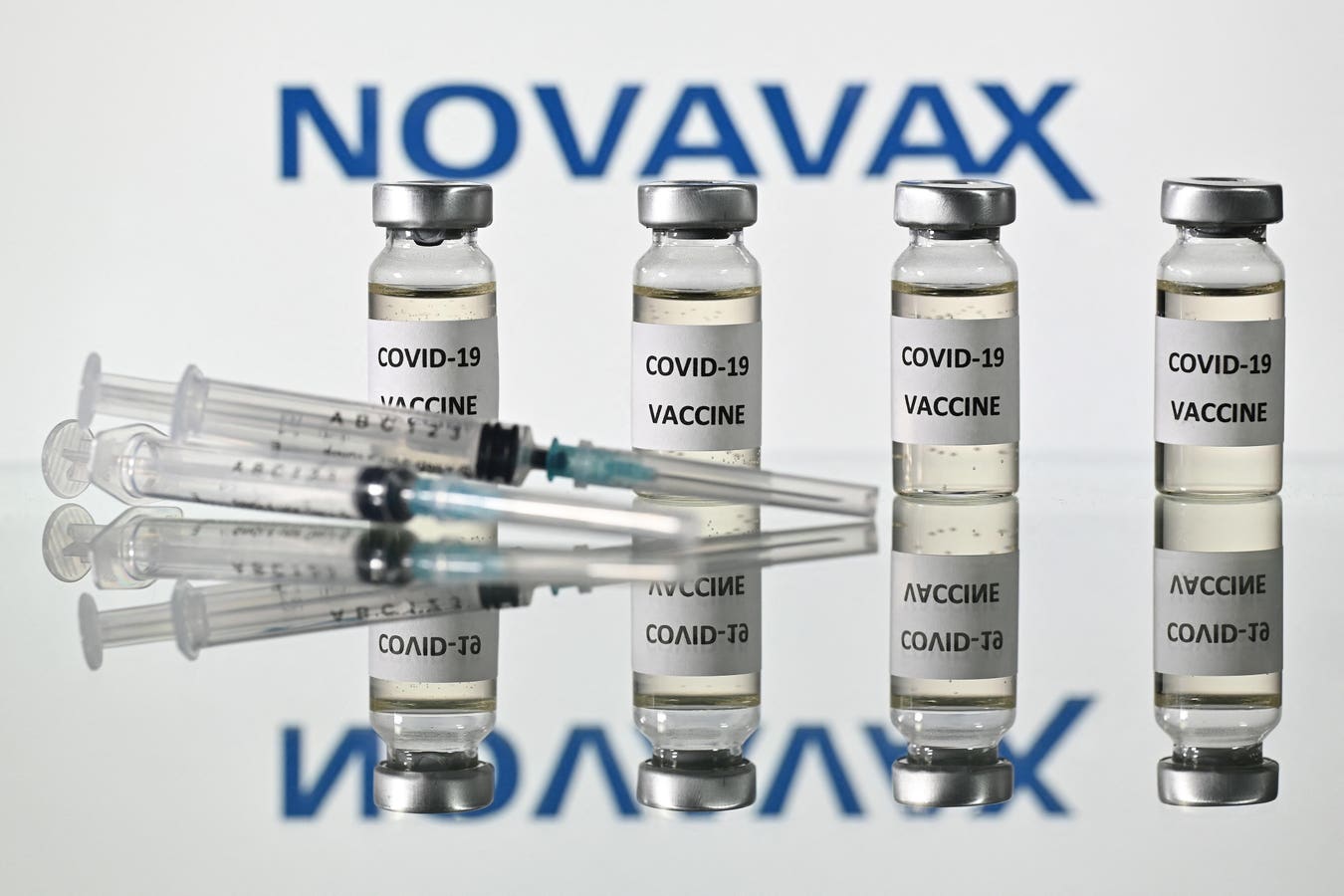Lithuanian Innovation Agency aims to accelerate AI adoption
getty
Lithuania wants AI companies to ship products that meet Europe’s toughest rules without burning a hole in their runway or slowing their ability to compete in an overheating AI market. The Innovation Agency Lithuania is putting two pillars in place to meet these goals. A national AI regulatory sandbox that walks teams through the EU rulebook, and an AI Factory that provides access to critical compute, data access, and talent. The aim is to lower friction, raise certainty, and turn Vilnius into a practical on-ramp for scaling AI.
The Goals of the AI Regulatory Sandbox
The goal of the Innovation Agency’s AI sandbox is to accelerate and support companies that are looking to build competitive AI solutions that also support the European Union’s AI Act regulatory requirements. The main approach is a playbook that treats compliance like an engineered process with five cohorts over three years, roughly ten to twelve firms per batch. Everyone starts with a shared “AI Academy” that runs through ten core modules on risk management, cybersecurity, standards, IP, and data governance. After that baseline, founders dive into tailored work with specialists.
Romanas Zontovičius, head of the AI hub with the Agency described the support, “For the first month and a half we’ll do an AI Academy… after those ten weeks, after we are on the same page, you can have 80 hours with one expert and you have 11 experts, so pretty much unlimited support for all practical purposes.”
That level of access matters when the EU AI Act turns from policy into deadlines for regulatory compliance. High-risk systems face two main routes to gain certification of compliance. Either a third-party conformity assessment against harmonized standards or a meticulous self-assessment that stands up to regulatory inspection.
The team’s idea is that a teach-once, tailor-later model will trim cost and speed for compliance. Founders get checklists, templates, and repeated time with subject-matter experts instead of ad hoc billable hours.
“There were projections that it’s gonna take for one company around 300,000 euros to be compliant,” said Zontovičius. “The sandbox tries to bend that curve through shared curriculum and high-touch guidance.”
Why Speed Matters
The compliance clock drives behavior. Recent signals from Brussels imply that regulatory enforcement might not start until 2027, even while earlier pieces arrive sooner. News reporting in November 2025 flagged a push to set December 2027 as the effective date for parts of the high-risk regime. The Commission’s own timeline points to core obligations phasing in through 2025 and 2026, with the heaviest high-risk requirements reaching August 2027. That gives companies a window to build mature files rather than scramble. The expanded calendar is not a free pass. It’s a signal to use the extra months to finish documentation, align with standards, and log real-world testing under supervision.
Many similar regulatory sandboxes boil down to office hours and webinars. Lithuania wants the communications regulator to participate during the process as companies scope risk, write controls, and run test plans. This choice has a practical angle. Europe’s framework lets national authorities grant time-limited permissions to test high-risk systems in the market prior to full certification. The agency hopes that a working relationship built during five months of hands-on work turns into a smoother path when teams request that early access.
“We decided to invite [the regulator] and be part of the sandbox,” said Zontovičius. “If you don’t want to tell what you’re doing and consult with the regulator, maybe you shouldn’t do it… when you come in and ask for the permission the hope is that they’re gonna look at… the relationship you built.”
European policy already leans this way. Spain piloted an AI regulatory sandbox two years ago to operationalize conformity assessments and post-market processes, providing a template for member states that now must stand up at least one national sandbox by August 2026. Lithuania’s approach follows that guidance and tries to make it concrete for startups.
Speed to an EU-wide green light sits at the top of any startup’s list. “If you get accredited in one country, that certificate is valid everywhere in EU,” explains Zontovičius. So Lithuania’s sandbox value proposition centers on making that process as fast and cost effective as possible, luring companies from across the EU and worldwide who want an effective means for regulatory compliance.
The AI Factory: compute, data, and gravity
The second pillar of the Lithuanian Innovation Agency’s approach is LitAI, an AI Factory coordinated by Vilnius University. The project won European Commission backing in October 2025 and aims to act as a national competence center with advanced computing, data access pathways, and specialist teams. Public releases describe a total project value of about €130 million, with €65 million in EU co-funding, and a role for the State Data Agency to manage access to national datasets.
The goal is a physical facility near central Vilnius with room for academia and businesses that want to rent capacity. Universities need more AI compute capabilities right now, and startups default to cloud credits abroad because they’re easier to book and turn off. The agency wants the factory to change those incentives.
“We’re gonna give some computing power to the ones who really need it,” shared Patricija Reut, Director of Business Development Department at the Innovation Agency Lithuania. “We will have capabilities for companies to rent so they don’t have to ‘go to the big ones’ for every test run.”
The timelines are ambitious. The team talks about visible ground activity within months and a two-year horizon to meaningful capacity, while acknowledging that construction and procurement can slip. The team shares that people trust what they can see. Bulldozers on site beat a glossy deck. “If there’s nothing happening for six months people will be asking questions,” shared the team “Usually once we start the buildings go fast.”
Global Competition is not standing still
Other hubs are linking regulatory clarity with concrete benefits. Dubai’s financial center launched a 90 percent subsidized AI commercial license with annual fees around $1,500. It pairs that license with campus perks meant to lower early burn for AI firms. The message to founders is that they should set up here and keep more of your capital for product work.
Across Europe, sandbox programs continue to spread. Spain established a national AI body in 2023 that has been preparing to enforce the EU AI Act and support controlled trials. OECD work on AI sandboxes captures lessons from fintech, including the link between structured testing regimes and downstream investment. Lithuania can draw on those patterns while tuning for its own data access and compute realities.








